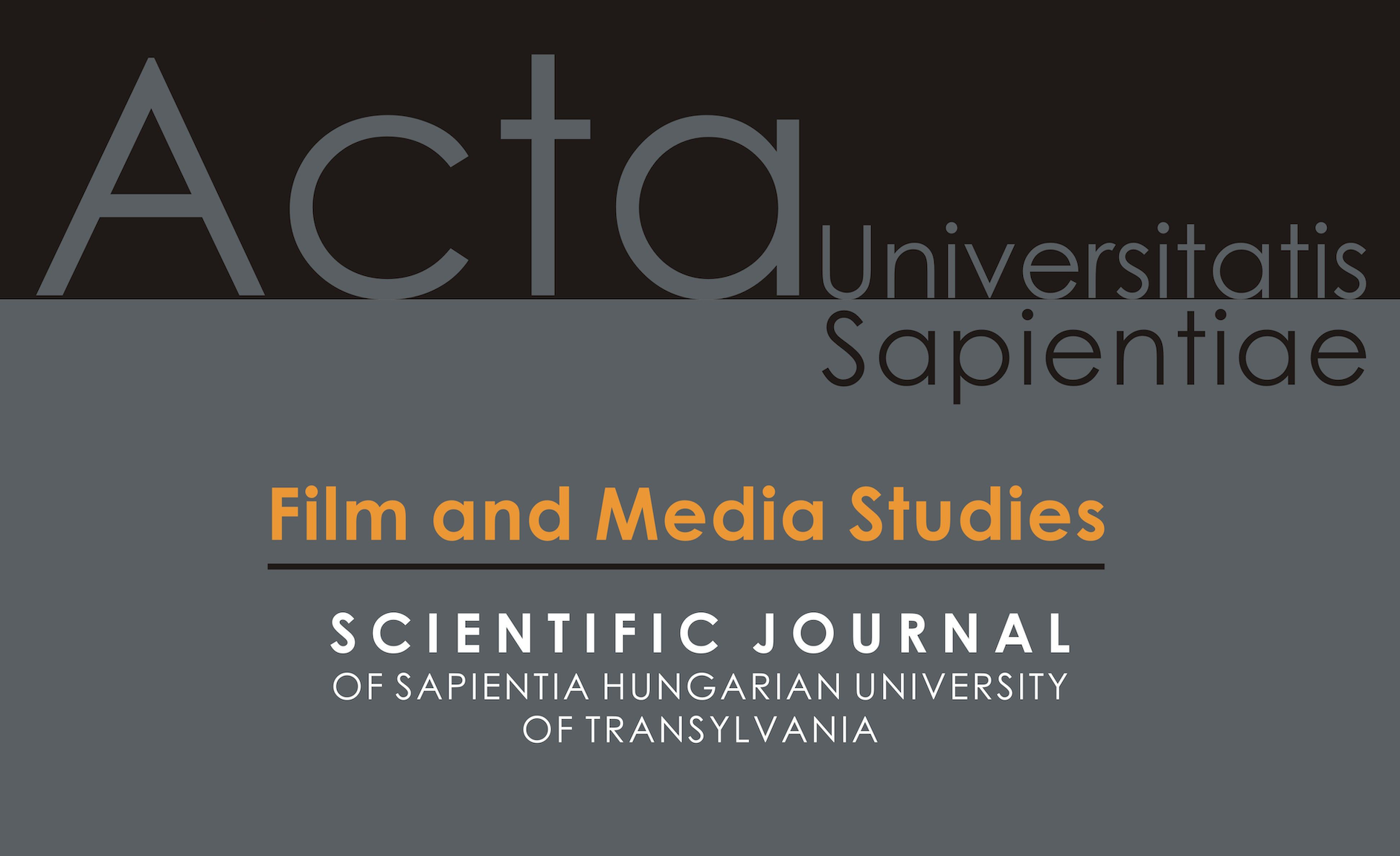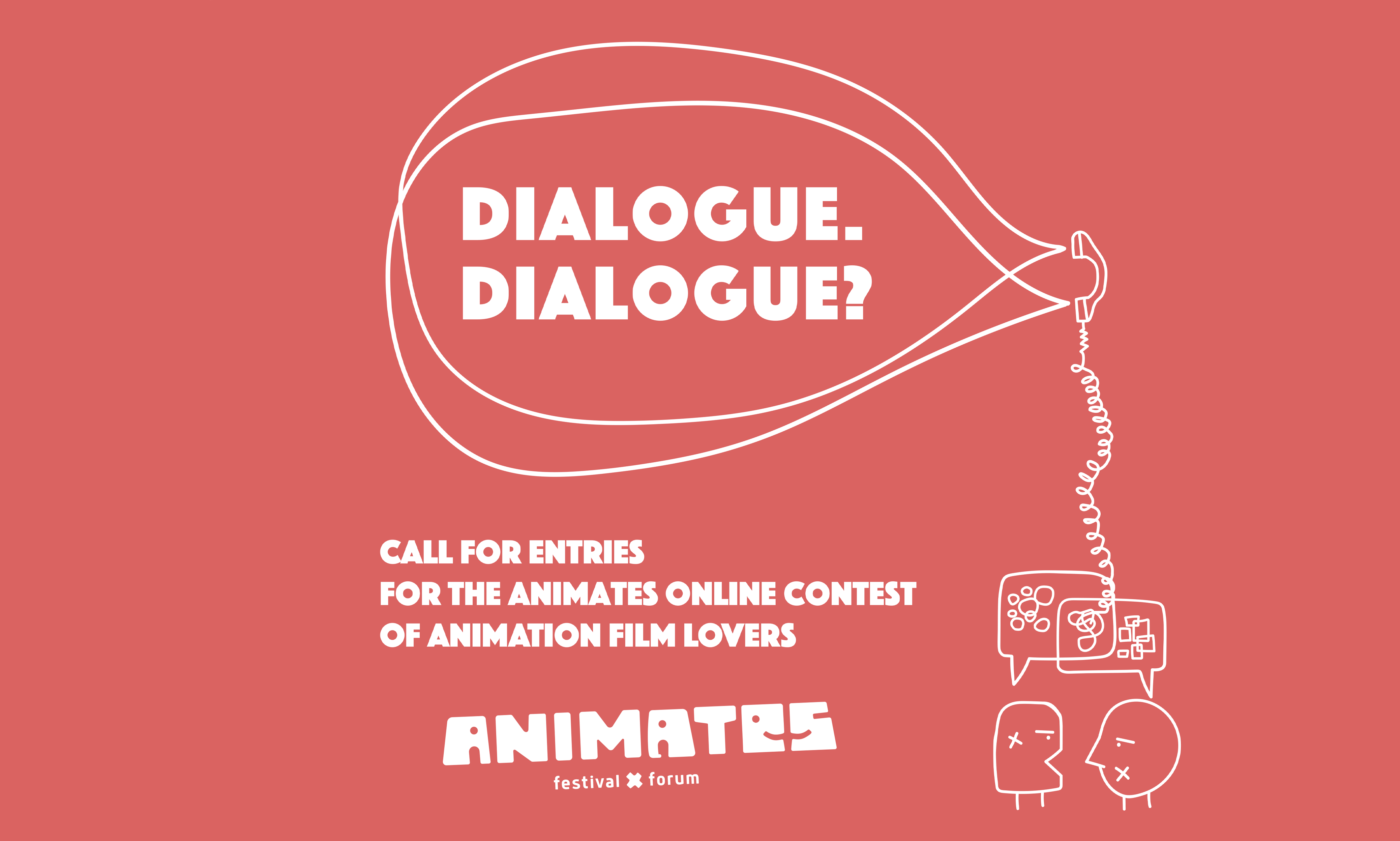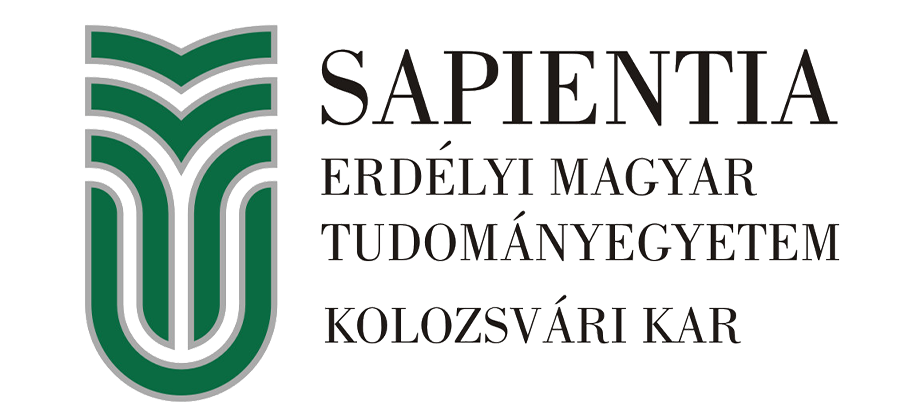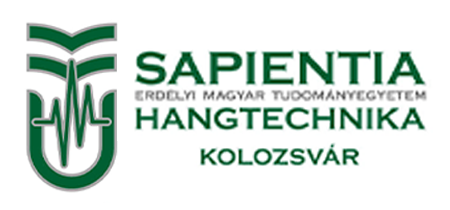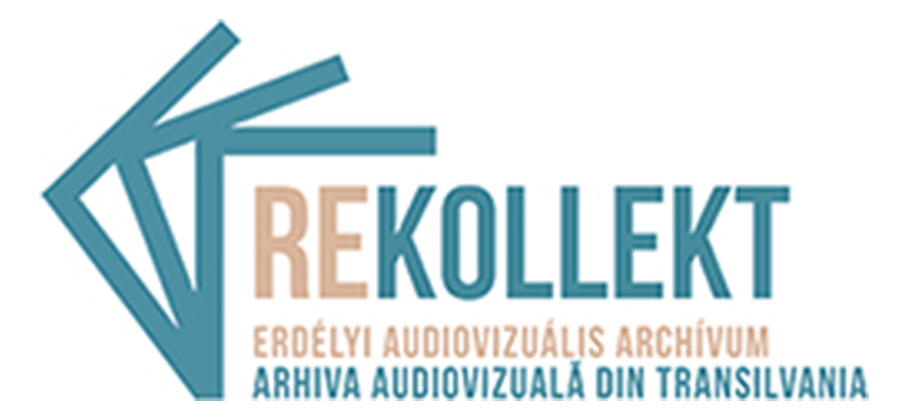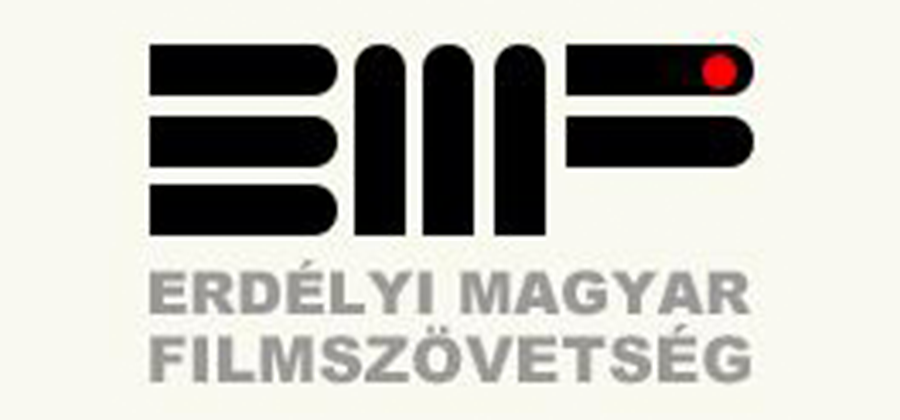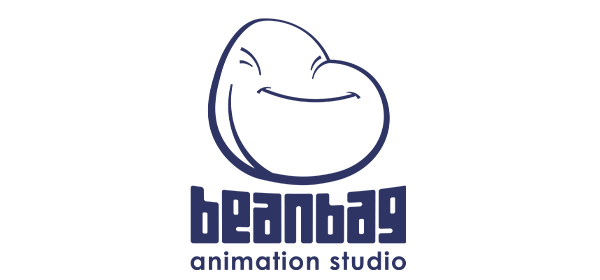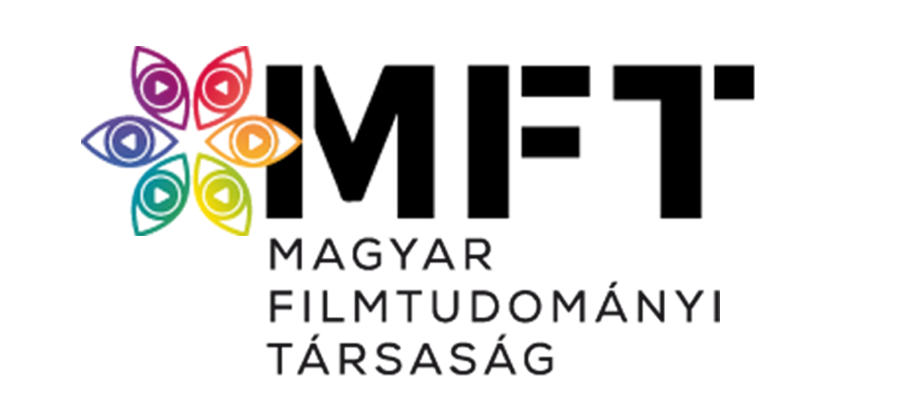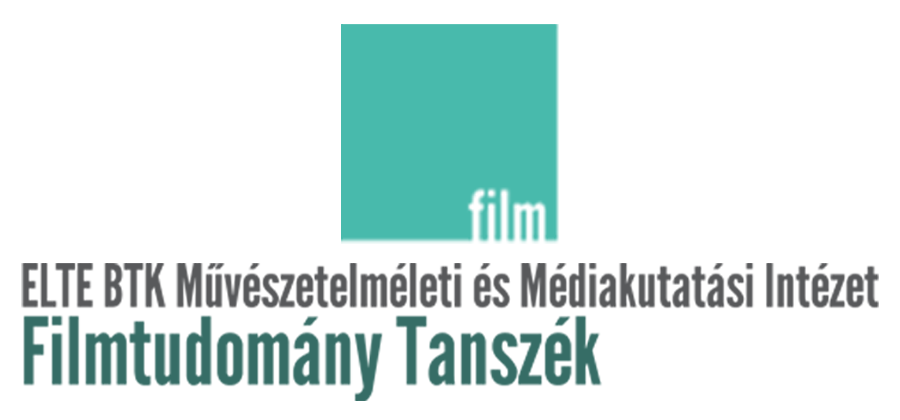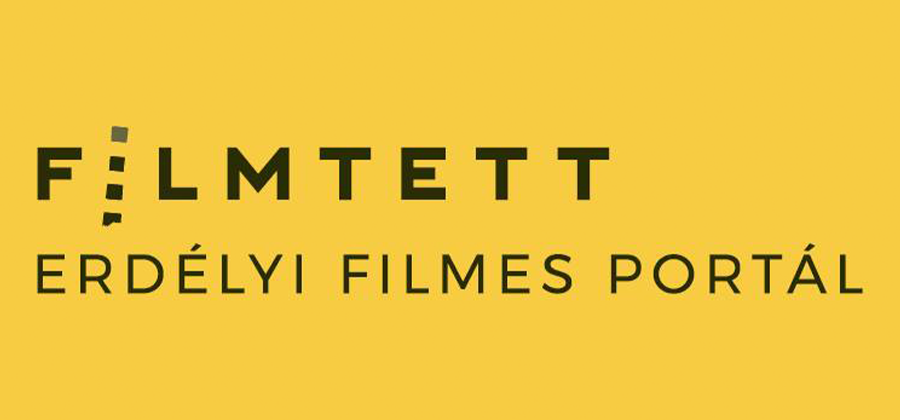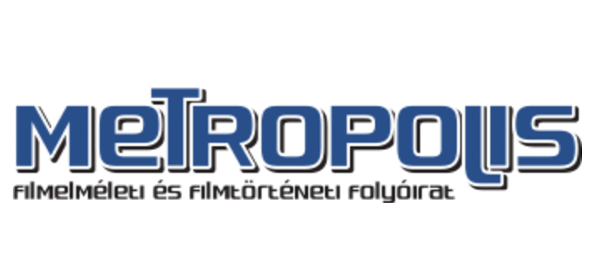| Research / Conferences / | previous | next |
XIII.International Film and Media Studies Conference in Transylvania
FILM IN THE POST-MEDIA AGE
Cluj-Napoca, October 22-23, 2010.
Conference venue: Sapientia University, Str. Matei Corvin nr. 4.
Published volume: FILM IN THE POST-MEDIA AGE. Edited by Ãgnes PethÅ. Cambridge Scholars Publishing, 2012.
Invited keynote speakers:
JENS SCHRÃTER, professor at the University of Siegen (Germany) who will present a lecture with the title: "The Trans-Plane Image and the Future of Cinema."
- He is the author of important studies in the fields of medium theory, intermedialtiy and visual arts (see them on this webpage in German and in English),
- author also of a recently published book on the theory, history and medium aesthetics of 3D images (3D. Zur Theorie, Geschichte und MedienÃĪsthetik des technisch-transplanen Bildes, 2009)
RUGGERO EUGENI, professor of Media Semiotics at the Catholic University of Milan (Italy) who will present a lecture with the title: âFeeling Together. Cinema and Practices of Sociability in the Post Media Condition.â
- His most important publications in the field of media semiotics can be read here (in Italian and English).
Call for papers
Ever since the centenary of cinema there have been intense discussions in the fields of film studies and film criticism about the imminent demise of the cinematic medium, endless articles championing the spirit of genuine cinephilia have proclaimed the death of classical cinema and mourned the end of an era, while new currents in media studies introduced such buzzwords into the discussions as "remediation" (Bolter and Grusin), "media convergence" (Jenkins) or "post-media aesthetics" (Manovich). By the turn of the millennium, the whole "ecosystem" of media has been radically altered through processes of hybridization and media convergence. Some theorists claim that now that the term "medium" has triumphed in the discussions around contemporary art and culture, the actual media have already deceased. Digitized imagery absorbs all media that become mere "phantoms of their former self" (Lutticken).
Moving images have entered the art galleries and new forms of inter-art relationships have been forged. They have also moved into the streets and our everyday life as a domesticated medium at everybody's reach. Can we say therefore that cinema is gradually becoming an "incredible shrinking medium," as David N. Rodowick suggests (in The Virtual Life of Film, 2007), disappearing into the archives and film museums, or â on the contrary â can it be considered as the ultimate, chameleon-like intermedium that can continually shift its shape, "moving from a sculptural to a painterly medium" (Rodowick), or nowadays amid the fashionable CGI and motion capture techniques combining both the "sculptural" and the "painterly" in 3D cinema?
Consequently, should we speak more of an all pervasive "cinematic experience" instead of a cinematic medium? What really happens to film once its traditional medium has shape shifted into various digital forms and once its traditional locations, institutions and usages have been uprooted? What are the most influential thoughts that have surfaced in the discussions of a cinematic post-medium condition? Are film studies headed in the direction of more "piecemeal theory" as advocated by Bordwell and Carroll in their highly influential Post-Theory book, or should we welcome a new turn towards a philosophy of film as Rodowick contends in his Elegy for Theory? What are the major contemporary points of view in approaching motion pictures (from Jacques RanciÃĻre's "future of the image" to Lev Manovich's "database aesthetics")?
In light of the above, we invite you to contemplate over some of the major questions that can be asked about film in a post-media age.
We welcome papers addressing the following issues
a) either from a theoretical point of view or b) through concrete analyses of films:
- Revisiting the concept of the medium in a post-media age: the concepts of medium specificity, remediation, media convergence, media archaeology, intermediality, hybridity related to the study of moving images.
- Changing contexts, moving frames: recontextualizations of cinema. Cinema in the gallery, in the museum, in cyber space, etc. (e.g. Simon Pummel: Bodysong http://www.channel4.com/culture/microsites/B/bodysong/website.html#).
- Against the myth of the universal language of cinema: the rise of the "accented"/vernacular forms of cinema in an increasingly globalized media environment (films foregrounding native speech, dialects, local and ethnic specificities).
- Old structures in new clothes, dead media/"undead media" haunting the new forms of the moving images? Or the reverse: the impact of new media over classical film genres and the rhetoric of cinema. The rise of post-media genres? (E.g. web series, streamies.)
- Digitally recycled cinema? Retakes on remakes: the issue of cinematic heritage in the digital age (e.g. Man With a Movie Camera: The Global Remake http://dziga.perrybard.net/).
- The dissemination and domestication of the cinematic medium: institutional and private spheres of moving images.
- Reflexivity in the post-media age? Films reflecting on changing uses/contexts, and forms of the moving images (the films of Atom Egoyan, Michael Haneke, Abbas Kiarostami, Mohsen Makhmalbaf etc.).
Â
We address this call for papers not only to university scholars, researchers but also to students of PhD programs, or even to M.A/undergraduate university students who wish to engage in a debate on the given topic.
The conference proposes to facilitate academic communication between existing centres of research specializing in film and media studies within different universities, and at the same time, it encourages students on different academic levels to be initiated into scientific research.
The time for presentations is limited to 20 minutes, followed by a 10 minute debate.
The best papers written based on the conference presentations will be published in English in either an individual conference volume (the topic has already raised the interest of the editors of our previous, 2008 conference volume at the Cambridge Scholars Publishing) and/or in our department's international, peer reviewed scientific journal (Acta Universitatis Sapientiae. Film & Media Studies)
The official language of the conference: English and Hungarian (with papers presented in parallel sessions).
Conference fee (which includes participation, conference buffet and banquet): 100 EUR, special fee for university and PhD-students: 50 EUR. The fee is to be paid on the occasion of conference registration.
Registration deadline: July 25, 2010.
We will notify you about the acceptance of your proposals by August 2, 2010.
Registration: please complete this registration form and send it as an attachment to the following address: 2010.post.media@gmail.com
Sponsors:


Recommended possibilities of accommodation:
To help you make your own booking, here is a list of hotels and hostels located in the vicinity of the conference venue, at a maximum distance of 15 minutes' walk. You can make your reservation either by phone or via e-mail (usually the hotel/hostel staff speaks English). Please note that the Conference itself makes no bookings. However, if all your attempts to reserve a room prove unsuccessful, do contact the organizing committee.
Hotels Combined - International Conference Support Program has also offered their support for our conference. HotelsCombined.com provides an accommodation price comparison search engine and is offering a 10% rebate all participants attending the XIII.International Film and Media Studies Conference 2010.
For more information see this website: http://www.HotelsCombined.com/
Those who wish to benefit from the advantages of booking through this program shoud check out this link: http://www.hotelscombined.com/
Our own suggestions:
Fullton Hotel ***
www.fullton.ro/
Tel./fax: +40 264 597 898; tel.: +40 264 597 766
e-mail: office@fullton.ro
Melody Hotel ***
www.allseasons.ro/
Tel.: +40 268 510 800; +40 730 031 415
City Plaza Hotel ****
www.cityhotels.ro/
Tel.: +40 264 450 101; fax: +40 264 450 152
e-mail: contact@cityhotels.ro
Hotel Seven ***
www.hotel7even.ro/
Tel.: +40 264 439 924; fax: +40 364 566 933
e-mail: office@hotelseven.ro
Heltai VendÃĐghÃĄz (hostel / bread and breakfast)
www.heltai.blsh.ro/
Tel./fax: +40 264 590 096
e-mail: heltai_gaspar@yahoo.com
Retro Youth Hostel
www.retro.ro
Tel.: +40 264 450 452; mobile: +40 755 114 989
e-mail: retro@retro.ro
Transylvania Hostel
www.transylvaniahostel.com
Tel.: +40 264 443 266; mobile: +40 745 033456
e-mail: office@transylvaniahostel.com
Travel information
Bus: www.autogari.ro/
Train: www.mersultrenurilorcfr.ro/
Cluj Napoca Airport: www.airportcluj.ro/
Low-cost flights to Cluj: http://book.wizzair.com/
Clickable, searchable map of Cluj: www.cluj4all.com/navigator
If you arrive by train or by bus, you can conveniently reach your accomodation or the conference venue using public means of transportation or taxi. If you arrive at the Cluj Napoca Airport (located at an 8 km distance from the city), there will be a conference staff in the arrival area to assist you and to take you to the center by car. In order to arrange this for you, please send us via e-mail your travelling data: the exact time of arrival, the name of the airline and the number of your flight.
Â




